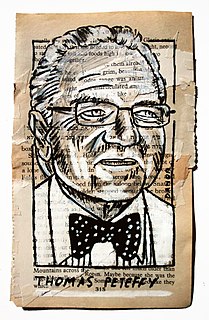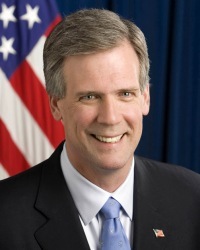A Quote by E. M. Forster
The fact is we can only love what we know personally. And we cannot know much. In public affairs, in the rebuilding of civilization, something less dramatic and emotional is needed, namely tolerance.
Related Quotes
The idea that nations should love one another, or that business concerns or marketing boards should love one another, or that a man in Portugal should love a man in Peru of whom he has never heard -it is absurd, unreal, dangerous. The fact is we can only love what we know personally. And we cannot know much.
I found myself desiring and knowing less and less, until I could say in utter astonishment: "I know nothing, I want nothing." Earlier I was sure of so many things, now I am sure of nothing. But I feel I have lost nothing by not knowing, because all my knowledge was false. My not knowing was in itself knowledge of the fact that all my knowledge is ignorance, that "I do not know" is the only true statement the mind can make....I do not claim to know what you do not. In fact, I know much less than you do.
Everything starts from prayer. Without asking God for love, we cannot possess love and still less are we able to give it to others. Just as people today are speaking so much about the poor but they do not know or talk to the poor, we too cannot talk so much about prayer and yet not know how to pray.
While the dogmatist is harmful, the sceptic is useless ...; one is certain of knowing, the other of not knowing. What philosophy should dissipate is certainty, whether of knowledge or of ignorance. Knowledge is not so precise a concept as is commonly thought. Instead of saying 'I know this', we ought to say 'I more or less know something more or less like this'. ... Knowledge in practical affairs has not the certainty or the precision of arithmetic.





































